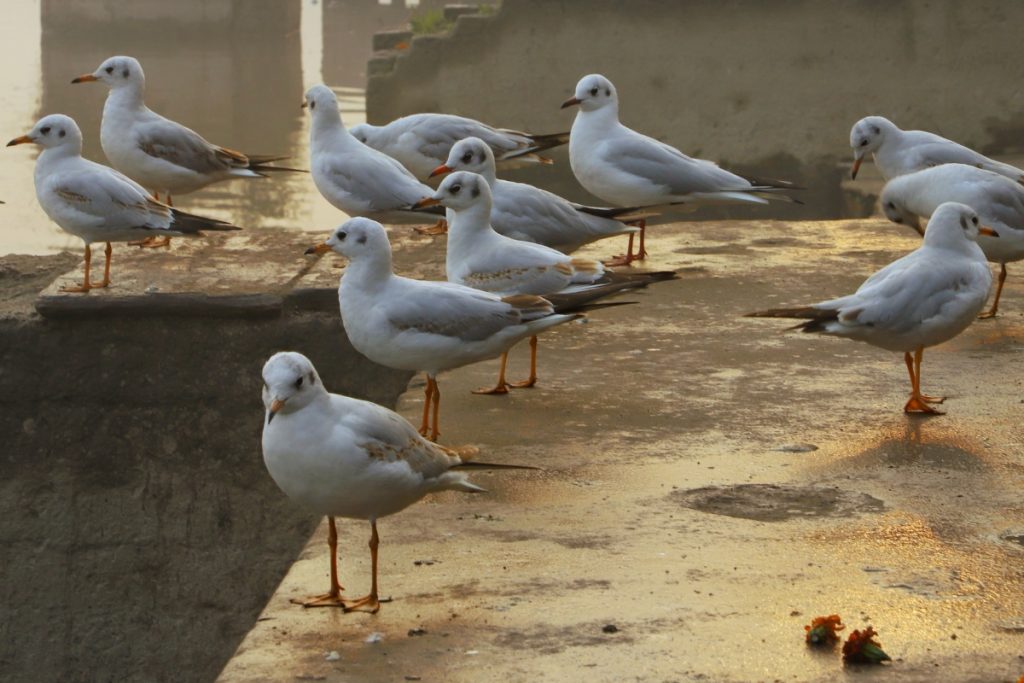How To Prevent Birds From Nesting in Unwanted Places
Wild birds, while often welcomed for their beauty and the benefits they provide to the ecosystem, can become a nuisance when they nest in locations that pose health risks, safety concerns or property damage.
This article will outline what not to do when dealing with birds and explore strategies for preventing birds from nesting in undesirable areas.

What Not to Do
In the UK, ‘all wild bird species, their eggs and nests are protected by law’. Therefore, you must avoid causing unnecessary stress or physical harm when in contact with them.
Avoid Giving Wild Birds Food
Even the seemingly act of kindness of feeding birds should be approached with caution. Bread or processed snacks can lead to significant health issues, including malnutrition or even starvation, as they don’t offer the nutrients they get in their natural diet.
Don’t Get Too Close
Disrupting their natural behaviours, especially during crucial times like breeding or nesting season, can endanger their survival, from nest abandonment to loss of offspring. This not only affects the immediate bird population, but it can also have a ripple effect on the ecosystem.
For that reason, bird observation should be conducted with the utmost respect and caution, maintaining a distance that allows the wild birds to continue their natural behaviours without feeling threatened.
Abstain From Using Chemical Deterrents
Pesticides, herbicides and other chemicals in areas where wild birds reside should be carefully managed or avoided altogether. These substances can be toxic to all wild birds and potentially lead to decreased fertility, illness or death.
Prevention Methods
If you need to prevent birds from nesting near your property, this advice should help them find alternative locations.
Eliminate Food Sources
Removing food sources that birds are attracted to makes it less appealing for them to establish nests in unwanted areas. This method does not harm the birds. Instead, it encourages them to find more natural habitats away from human dwellings.
Block Access to Nesting
Wild birds are known to build nests in protected areas. Blocking access to your attics, ledges, eaves, or rafters can reduce the risk of property damage, health issues related to bird droppings, and disturbances caused by bird noises and activities. Using tools like netting or spikes is a safe way to prevent birds from nesting in inconvenient areas.
Sound Deterrents
Sound Deterrents are a non invasive method that leverages birds’ natural instincts. These deterrents release sounds that are unpleasant or alarming to birds, such as predator calls or distress signals, making the area seem unsafe for nesting. This ultimately encourages the birds to seek more suitable places to nest.
Unlike physical barriers, sound deterrents can cover large areas and are particularly useful in open spaces like farms, orchards and airports to reduce potential damage to property and crops humanely.
Visual Deterrents
Prevent birds from nesting with visual deterrents such as reflective surfaces, vibrant colours, decoy predators and moving objects. All of which creates an unsettling environment that birds will try and avoid. These cost-effective visual stimuli mimic the presence of predators or signal danger, causing birds to seek safer nesting areas.
Visual deterrents are versatile and can be used in various settings, such as gardens, buildings, and agricultural areas.
Contact a Professional
When preventing birds from nesting in unwanted places, consider contacting a professional in bird control. Wildlife control experts specialising in bird management have the knowledge and experience to assess the situation accurately and recommend the most appropriate strategy depending on the bird species.
As they’re familiar with local wildlife laws, they can ensure all interventions comply with regulations, minimising any harm to the wild birds. They can also provide long-term solutions that prevent recurrence.
